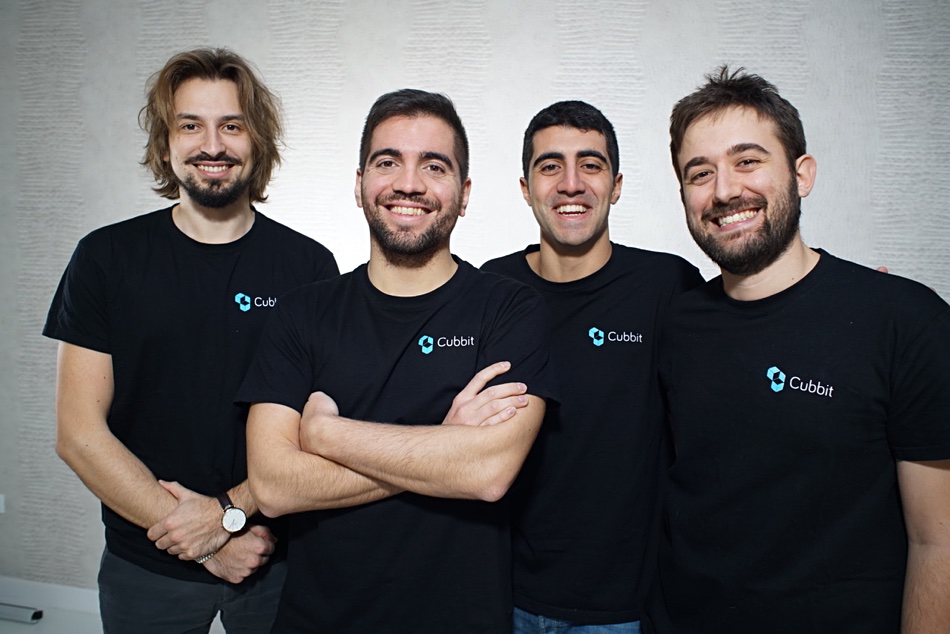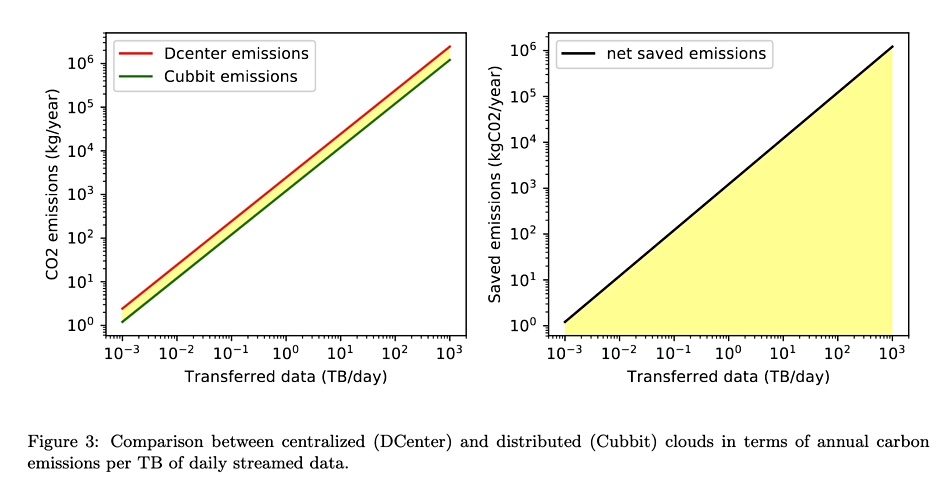Cubbit, a distributed peer-to-peer network cloud storage startup, has raised €7 million ($8.31M) to advance its technology and sales through distributors.
The company was founded by four Italian students in Bologna, Italy, in 2016. It raised finance through grants, a seed round and crowdfunding, with a €1.9 million ($2.26M) grant in 2019 and has now raised €7 million in a three-part transaction — €3.5 million in equity, €2.4 million in equity-related financial instruments and €1.1 million in debt. Total funding stands at $12 million, according to Crunchbase.
Stefano Onofri, co-founder and joint CEO of Cubbit, said in a supplied statement: “Few companies in the world are intercepting the trend of distributed cloud, and we are the first in Europe. The entry of qualified and influential financial partners shows that it is possible to develop Web 3.0 solutions also on this side of the planet.”
That may be so but no one funder was convinced enough to put in the whole €7 million, and arranging three aspects of funding must have been complex. There was investment by the Fondo Digitech — Azimut Libera Impresa (Azimut Group), CDP Venture Capital Sgr through Fondo Evoluzione, GELLIFY, the shareholders of IAG (Italian Angel for Growth), and the Family Office of Massimo Prelz Oltramonti. Techstars and Primo Ventures reinvested in the Company. The debt capital is being provided by Invitalia through the startup incentive programme Smart&Start.

The finance will be used to strengthen distribution agreements around the world, support the marketing of B2C and B2B offerings, research the development of new offerings such as Backup and Object Storage, and go towards the launch of Next Generation Cloud Pioneers: a distributed cloud network for Italian companies.
Cubbit says it has some 3500 customers in more than 70 countries around the world, and its distributed network protects more than 15 million saved files.
Onofri said: “We are seeing great interest from the most innovative Italian, European and International companies to adopt our solutions. The UK already represents our fourth most important market (eight per cent of users), while the US keeps being the market where we have most (40 per cent) of our users”.
Cubbit’s technology uses a peer-to-peer network connecting users’ servers, computers, routers, IoT devices, etc. This forms a distributed swarm of so-called Cubbit cells. Incoming data is split into redundant chunks, using Reed-Solomon error-correcting codes, encrypted, and deployed across this network. The AES-256 bit encryption uses keys to which Cubbit has no access. Zero-knowledge encryption means not even Cubbit can reveal a customer’s data.
There is a suite of machine learning algorithms that optimise the data payload distribution on the network, and take care of security and metadata. Optimisation aims to minimise network latency and bandwidth usage, and make the best use of storage. The algorithm suite is also in charge of triggering the recovery procedure for files on the Swarm, ensuring network availability, a level of performance, and data resilience.
Cubbit claims the cost of its distributed infrastructure is up to ten times lower than those of a traditional data centre, saving 40,000 kg of CO2 emissions per year for each Petabyte of storage.
Its web site references a white paper, actually called a “green paper”, entitled “The carbon footprint of distributed cloud storage” which states: “The ICT ecosystem is estimated to be responsible, as of today, for ten per cent of the total worldwide energy demand — equivalent to the combined energy production of Germany and Japan.”
It claims that an average Cubbit storage plan of ~5TB will save, compared to traditional cloud storage, the equivalent consumption of an always-on fridge in a year.

A downside of a distributed P2P network is that the amount of network IO for any one file is likely to be much higher than for the same file stored in a mainstream public cloud. The green paper takes this network IO transfer consumption into account in its calculations of energy use, and says Cubbit still uses less energy than a cloud data centre and so emits less carbon.








